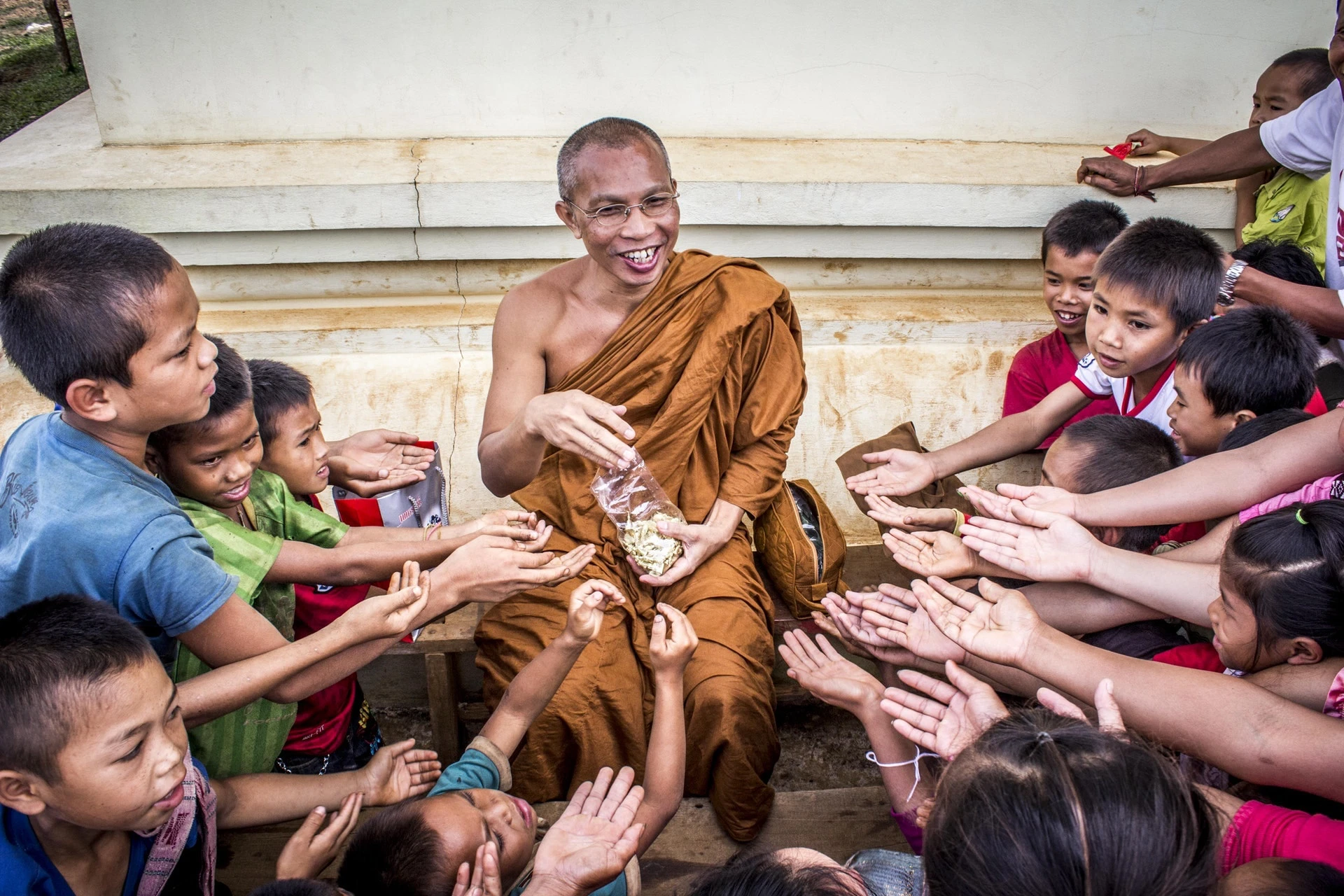Following a few simple norms of Thai etiquette can not only protect you from accidentally upsetting someone, but it will also set you apart from visitors who are solely interested in inexpensive shopping and lovely beaches. Observing and appreciating the local culture will enhance your experience considerably.
Thailand is regarded as the “Land of Smiles,” yet the Thai grin has several connotations. Despite the fact that Thais are highly tolerant of transgressions, especially those done by farang (foreigners), following these simple dos and don’ts will keep them smiling and see emperornote.com.
Don’ts
- Don’t point your feet: In Thailand, pointing your feet at someone, elevating your feet higher than their head, or just placing your feet on a desk or chair is regarded as exceedingly impolite. The soles of the feet are filthy; do not expose them to others. Do not point your foot at Buddhas inside or outside of temples. When sitting on the ground, endeavour not to expose the soles of your feet to others.
- Do not touch the head of another: The head is treasured as the holiest portion of the body, while the feet are regarded as the lowest and dirtiest. Never touch someone’s head or hair, including ruffling a child’s hair playfully. Avoid walking over persons who are sitting or sleeping on the ground; do not place your feet above the heads of those who are seated or lying on the ground.
- Don’t Point: Pointing at someone is considered impolite in many cultures, but especially in Thailand. To signal a person, raise your chin in their direction when necessary. Instead of pointing your fingers upward when signalling someone to approach, use a patting gesture with your fingers straight and palm facing the ground. It is generally okay to point toward inanimate things and animals, however, it is more polite to use the complete hand rather than a single finger.
- Do not lose your temper: in Thailand, shouting, losing your temper, and exhibiting strong emotions are often frowned upon. Always keep the guidelines of protecting face in mind. Maintain your composure even when things go awry; doing so will earn you respect. Do not regret the breakdown of the bus. Instead, chuckle and say “mai pen rai.”
- Do not dishonour the king: Never offend the monarch or his images; this includes the Thai baht, which has his likeness. Although Thailand’s lese majeste laws are contentious, blatant contempt for the monarch is punishable by prison time! Anti-monarchy Facebook postings have resulted in significant prison terms for their authors.
- Do not chuck items: Tossing an object or money at a person is impolite. Take the time to correctly hand items to others, ideally with your right hand and face-up. When making a payment, unfold the cash.
Do’s
- Remove your footwear: As in many Asian cultures, it is necessary to remove your shoes before entering a temple or someone’s house. Some companies, restaurants, and stores require that customers remove their footwear. Whether you are unsure, check to see if there is a pile of shoes at the entryway or if the employees are wearing shoes. Therefore, it is advisable to wear basic footwear in Southeast Asia. When entering houses and temples, it is preferable not to cross the threshold.
- Reply a wai: The wai is a prayer-like gesture used in Thailand with the hands joined in front and the head slightly lowered. It is disrespectful not to return a wai; only the king and monks are exempt from this rule. Try to avoid waving while carrying something; a small bow is sufficient. You might wish to learn the Thai greeting.
- Use your right hand; the left hand is deemed unclean because it is often employed for “toilet functions.” Always use your right hand while passing and paying for items. If you desire to demonstrate more respect, place your left hand on your right forearm (indicating that it is securely out of reach).
- Utilizing a spoon: The correct technique to eat wonderful Thai cuisine is with the spoon in the right hand and the fork in the left. Use the fork to scrape food onto the spoon; never place the fork in your mouth. Chopsticks are often used exclusively for noodle meals and snacks like spring rolls.
- Pay homage to monks: In cities such as Chiang Mai, you may encounter numerous monks; you should treat them with respect. Be respectful while greeting a monk; monks receive a greater wai than other people, although they are not required to return the gesture. Women should never touch a monk, brush his robes, or give him anything. At ceremonies and gatherings, monks should be permitted to eat first. In Thailand, monks are widespread; you may see them using cell phones and in internet cafés.
- Smile: The iconic “Thai smile” is vital to Thai etiquette, and Thais display it whenever possible. Always return a grin to someone. Smiles are utilised during negotiations when apologising when something does not go as planned and in daily life.
Temple Etiquette
Thailand’s temples are a must-see on each trip, yet many tourists avoid intriguing sites like the Tunnel Temple in Chiang Mai because they do not comprehend Buddhism or the local customs. Be careful to review temple etiquette to avoid offending any of the worshipers!

